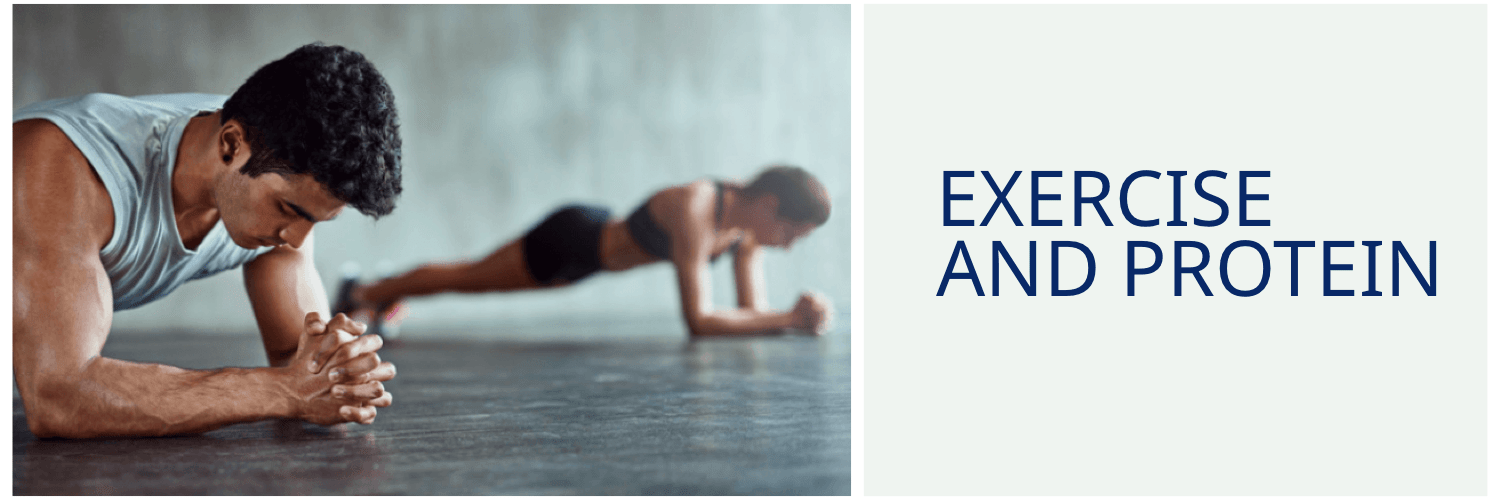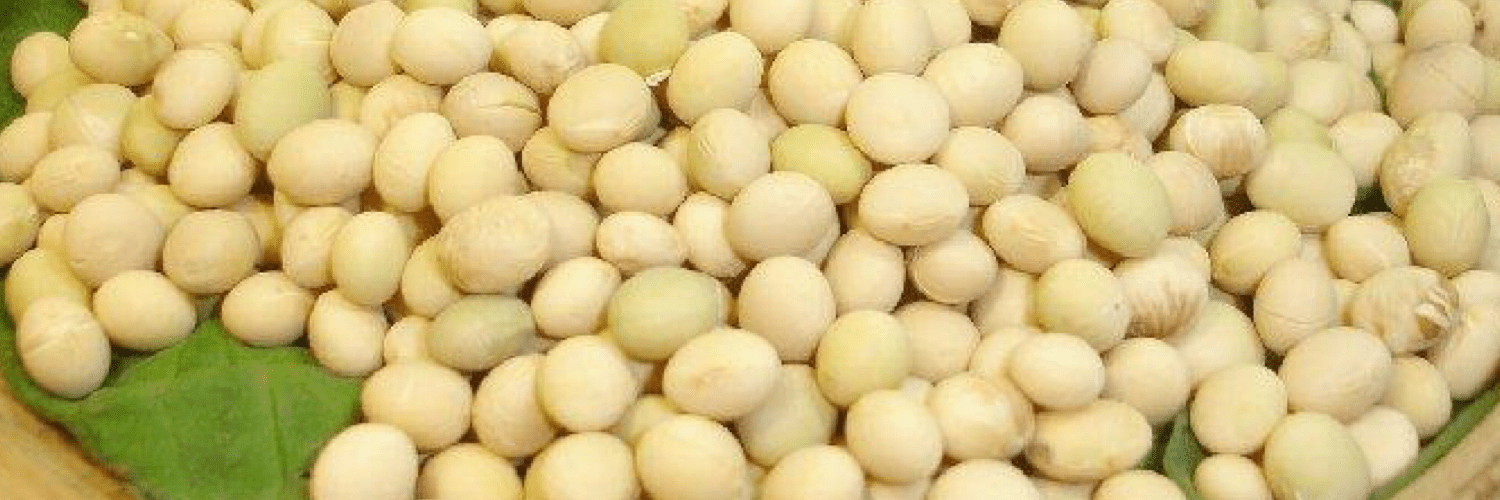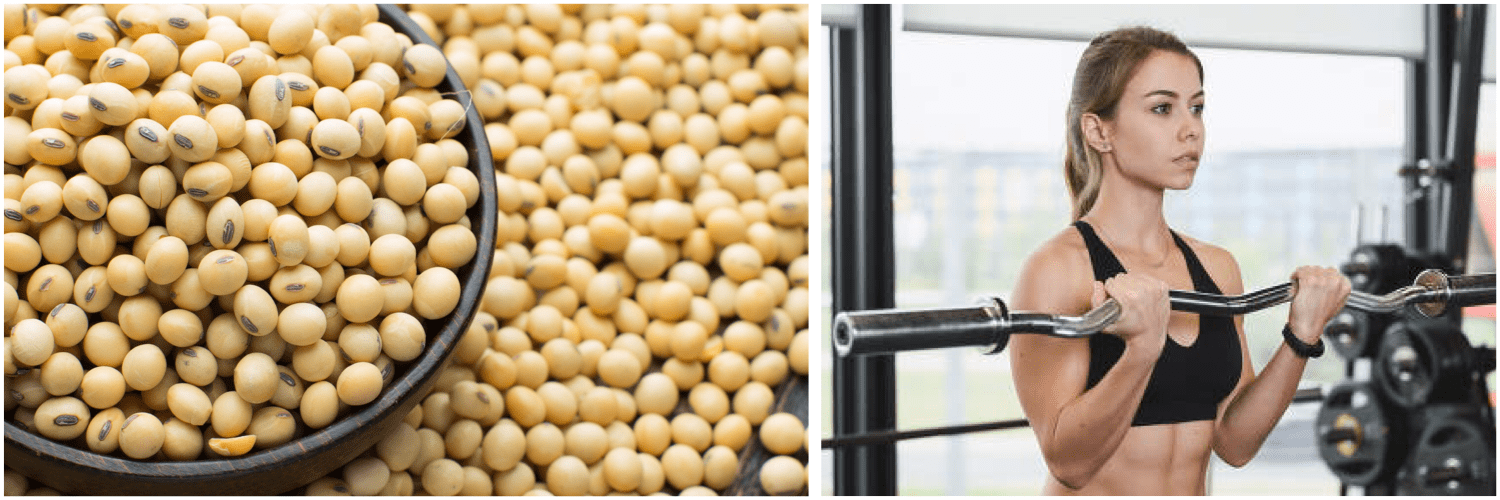

WHO NEEDS MORE PROTEIN?
For Building and Maintaining Muscles
Those who exercise may need more protein. Those looking to gain muscle mass can benefit from more protein as protein plays a part in muscle synthesis. During exercise, people put their muscles through large amounts of stress, which can break down some parts of the muscle. Protein is especially important to consume because it helps build and maintain muscles.
For Weight Control
Eating more protein increases satiety, thermogenesis, and the maintenance of fat-free mass. This means that a diet higher in protein can help you feel fuller for longer, expend more energy, and help your body favor the retention of lean muscle over the gaining of more fat.
The Young
Children are still growing and, as such, need protein to support normal growth and development. A lack of protein can slow growth and development and decrease immunity. Children will also lack the energy they need to learn and play.
The Elderly
For the elderly, protein has many benefits. The decline in muscle mass and strength that comes with age are major factors that contribute to mortality and reduced quality of life. Older individuals also have a lower rate of protein synthesis, hence they require more protein to maintain muscle function.

IF I EXERCISE, WHEN IS THE BEST TIME TO TAKE PROTEIN?
When exercising to build muscle, there is some evidence that eating protein soon after a workout can help muscle growth and recovery. Ideally, protein should be consumed throughout the day. Our bodies can only absorb and use so much protein in one sitting. If you are trying to build muscle, the ideal way is to consume steady amounts of protein throughout your day, but particularly immediately after exercise.
HOW MUCH PROTEIN DO I NEED?
There is no set standard for how much protein we should eat every day. Different organizations will recommend different amounts, based on an individual’s diet, age, gender, activity level, and medical conditions, if any.
If you exercise, or if you are looking to build muscle or strength, then more protein can be beneficial, as protein plays a part in muscle synthesis. The U.S. Academy of Nutrition and Dietetics recommends that healthy adults should consume about 0.8 grams of protein per kilogram of body weight every day. Athletes should consume a little bit more—about 1.2 – 2.0 grams of protein per kilogram of body weight every day.
WHAT ARE SOME SOURCES OF PROTEIN?
Animal Sources of Protein
Protein from animal sources, such as meat, dairy, and eggs, tends to have higher levels of cholesterol, fat, and calories. Cholesterol and unhealthy fats have been linked to a wide variety of health conditions, such as heart disease and stroke. Additionally, regulating your calorie intake is an important part of weight management.
Other Protein Sources
Popular protein sources, such as whey and casein, come from dairy.
Casein protein constitutes about 80% of milk protein. However, it is not the best choice for a protein supplement. Casein protein tends to coagulate in the stomach and may be difficult to digest.
Whey protein is a byproduct of the cheese-making process. It makes up about 20% of milk protein. More and more research has shown that milk products may be detrimental to health. One study showed that in both men and women, the amount of milk they consumed was associated with higher levels of oxidative stress—a biological stress marker associated with aging, cancer, and cardiovascular disease.
When choosing a protein powder, take care to choose a supplement that does not contain any chemical preservatives, artificial flavoring, or artificial sweeteners.

WHAT IS THE DIFFERENCE BETWEEN SOY ISOLATE AND WHOLE SOY PROTEIN?
Soy isolate protein is a powdered food product that has been isolated from the other components of soy through chemical and biological processes. This is not ideal because as an isolate, it is missing all of the beneficial components of soy.
Wholesome soy, on the other hand, contains protein, as well as fiber, phytochemicals, and antioxidants.
In the pursuit of building muscles, it is important to also remain healthy.
HOW DOES PROCESSING SOY AFFECT SOY’S NUTRITIONAL CONTENT?
Researchers from the University of Illinois published a paper in the journal Molecular Nutrition & Food Research stating that purified soy isoflavones stimulate cancer-promoting genes, leading to increased tumor growth. On the other hand, minimally processed soy flour has a protective effect against cancer by suppressing cancer-promoting genes.
Their findings suggest that consuming minimally processed soy products is more advisable than consuming highly processed soy products. Nature has had millions of years to perfect its craft, and what nature produces is always better than what mankind can do. When looking for a soy product, it is always better to choose something wholesome, something that contains all the nutrients in soy working in synergy, over something that has been highly processed and stripped of these beneficial nutrients.
WHAT ARE SOME HEALTH BENEFITS ASSOCIATED WITH WHOLESOME SOY?
Wholesome soy naturally contains a large variety of phytonutrients. Take, for example, the phytoestrogens in soy. Soy phytoestrogens are associated with multiple protective effects against cancer, heart disease, and bone weakness.
The phytoestrogen genistein inhibits the action of protein tyrosine kinases and slows the formation of new tumors. Studies have shown that regular intake of soy-based products as part of a normal diet has a protective influence against the later development of breast cancer.
Soy helps reduce the risk of heart disease. Research regarding soy protein and cardiovascular health has become so robust that the U.S. Food and Drug Administration (FDA) has allowed this health statement for soy—“25 grams of soy protein a day, as part of a diet low in saturated fat and cholesterol, may reduce the risk of heart disease.”
Soy also exhibits a protective effect against bone loss and osteoporosis. Some studies show that post-menopausal women who consume a high amount of soy have better bone density compared to those who have a lower soy intake. For many women, adding soy to a healthy diet may help prevent bone loss in later life.

HOW MUCH EXERCISE DO I NEED?
The level of exercise depends on whether you want to build muscles, lose weight or have other goals. There is no set standard. Different organizations have different exercise recommendations.
The U.S. Department of Health and Human Services recommends that each person should have at least 150 minutes of moderate-intensity activity a week, such as brisk walking or tennis, and strength-training exercises at least two times a week. The American College of Sports Medicine recommends 30 minutes of moderate-intensity exercise each day, five days a week.
Everyone’s fitness level and exercise preferences differ. However, the most important thing is to do some form of exercise every day. Even walking is better than nothing!
HOW DOES GINSENG HELP PEOPLE WHO EXERCISE?
Ginseng has long been used in traditional Chinese medicine for its important therapeutic qualities. Researchers looked into how ginseng can help us in our daily activities, such as exercise. In experiments done with animal models, researchers have found that ginseng extract protects muscle from exercise-induced oxidative stress. Other researchers have found that ginseng can help reduce injuries and inflammation in muscles caused by eccentric contractions. Researchers have also found that treatment with ginseng saponins significantly prolongs endurance.
Also, further studies have suggested that the administration of ginseng reduces oxidative stress on the liver after exhaustive exercise. Multiple other studies have found that ginseng improves exercise performance in terms of strength, oxygen uptake, work capacity, alertness, and even psychomotor skills. In fact, many high-performing athletes use ginseng in their training.
CAN SOY PROTEIN BE ABSORBED AS READILY AS ANIMAL PROTEIN?
The joint recommendations of the Food and Agriculture Organization of the United Nations and the World Health Organization have led to the development of the now-preferred Protein Digestibility Corrected Amino Acid Score (PDCAAS). This score evaluates protein sources in the human diet based on a variety of data, including how well different areas of the digestive system absorb critical components of protein. When this accurate scale is used, soy protein has a score of 1.00—the highest possible score. This means that soy protein is absorbed as readily by the human body as animal protein. Soy protein is also a complete protein, which means it has all the essential amino acids needed for human nutrition.
References can be found at www.eleadglobal.com.